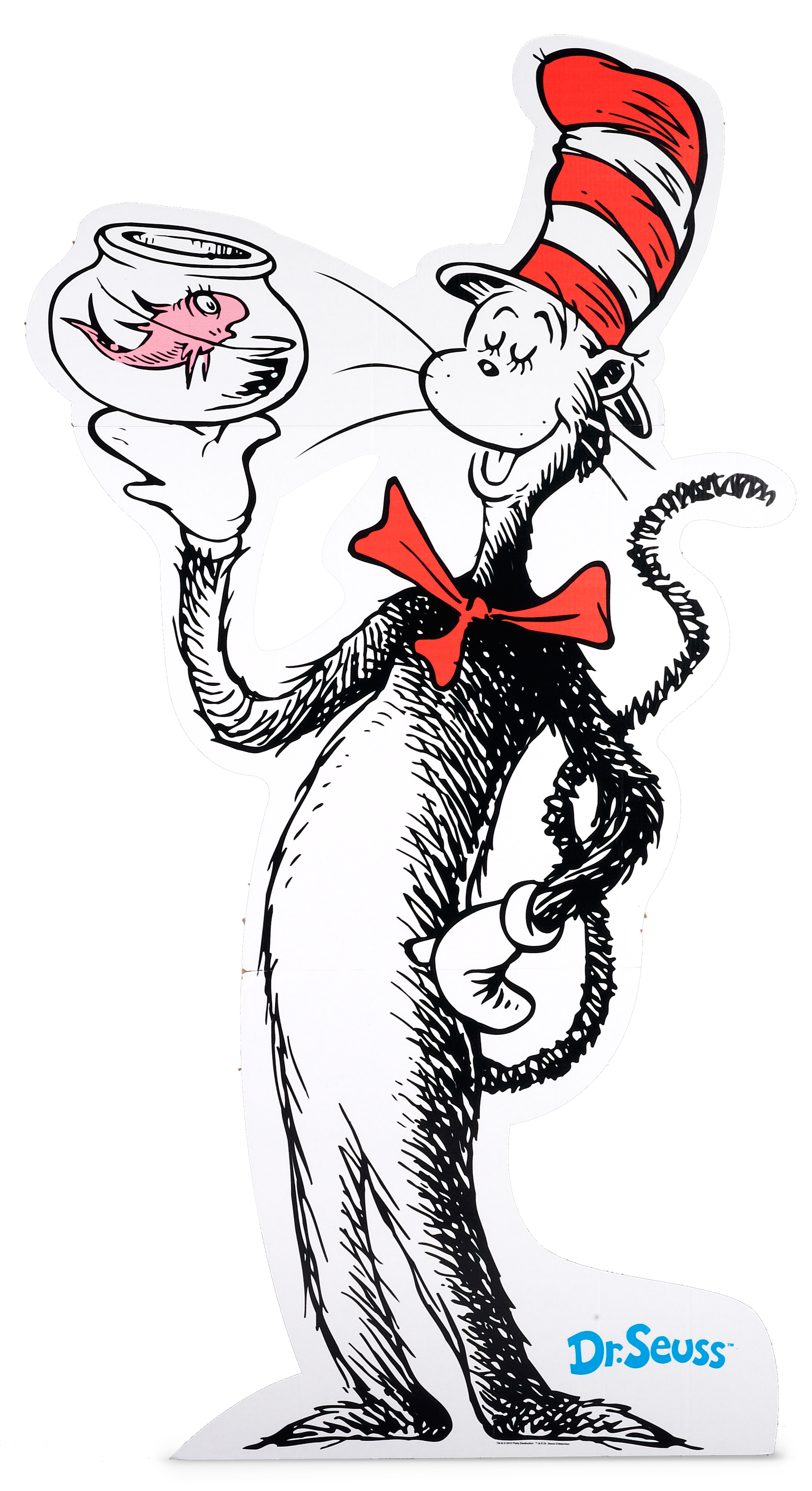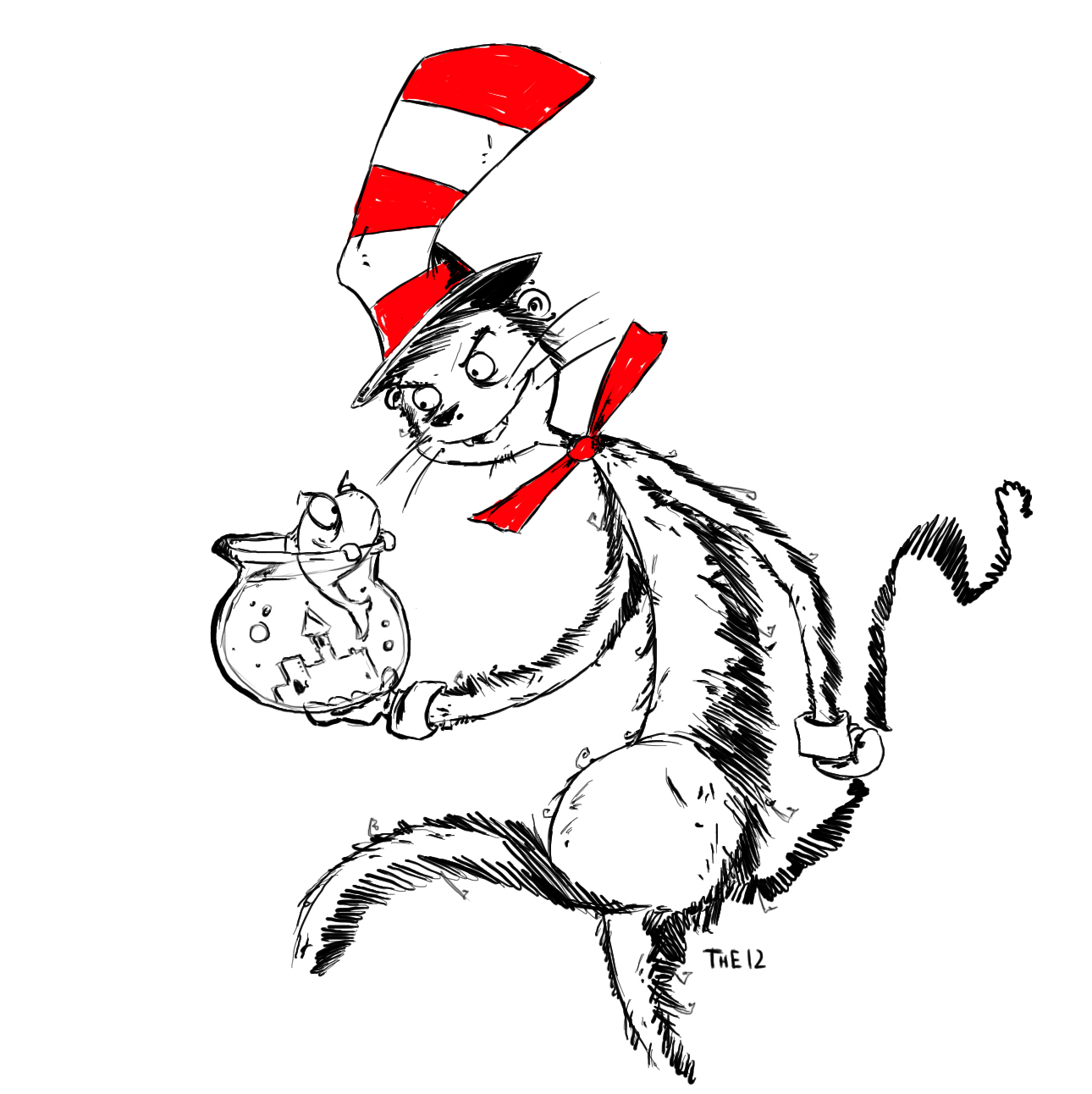
Seuss uses are not human, but of those that are, just 2% are characters of color, the study found. Perhaps it is not surprising that the authors, intent on finding problematic issues, discovered problems with the vast majority of Dr.


Seuss works, analyzing issues such as how many times white characters appeared as opposed to characters of color, which characters are put into positions of hierarchy, whether characters of color are dehumanized or made to seem “exotic,” whether the book embraces racial stereotypes or caricatures, and whether Seuss’s works specifically exhibited racism, sexism, and white supremacy. The specific study examined “fifty of fifty-nine” Dr.

The study then explores not just Seuss’s early work, but also his children’s books, through the lens of the controversial “Critical Race Theory,” which suggests that literature be examined with an eye to its alleged inherent racism and connection to issues of racial justice. Seuss as well as relevant to the environment in which Seuss came of age and gained notoriety as a cartoonist during World War II. Seuss’s alleged history of prejudice and the author’s early dalliances with racism in his works, arguably important context for Dr. The report begins with a deep dive into Dr. Seuss’s Children’s Books,” is important context for the current battle, not just over whether Seuss’s works should be published, but whether they should be allowed to be sold or held in libraries. Seuss, whose real name was Theodor Seuss Geisel, is a primary target of “The Conscious Kid,” and the group believes that some of the author’s most beloved characters, including the Cat in the Hat and Horton the elephant from “Horton Hears a Who,” are truly racist metaphors that promote ideas of white supremacy and white paternalism.Īlthough neither of those books is yet banned, the 2019 study, titled “ The Cat is Out of the Bag: Orientalism, Anti-Blackness, and White Supremacy in Dr. “We support organizations, families, and educators in taking action to disrupt racism in young children,” says the group.ĭr. The study, which follows the controversial “Critical Race Theory,” was authored by a pair of researchers behind “ The Conscious Kid,” which calls itself “an education, research, and policy organization dedicated to equity and promoting healthy racial identity development in youth.” Seuss books have elements of racism and sexism and that the author himself deserves to be fully “canceled.”

Seuss Enterprises to re-examine the famous children’s author’s books suggests that most, if not all, of Dr. Seuss Enterprises may have pulled just six books from publication, citing “hurtful and wrong” depictions, but the study that prompted Read Across America and, potentially, Dr.


 0 kommentar(er)
0 kommentar(er)
